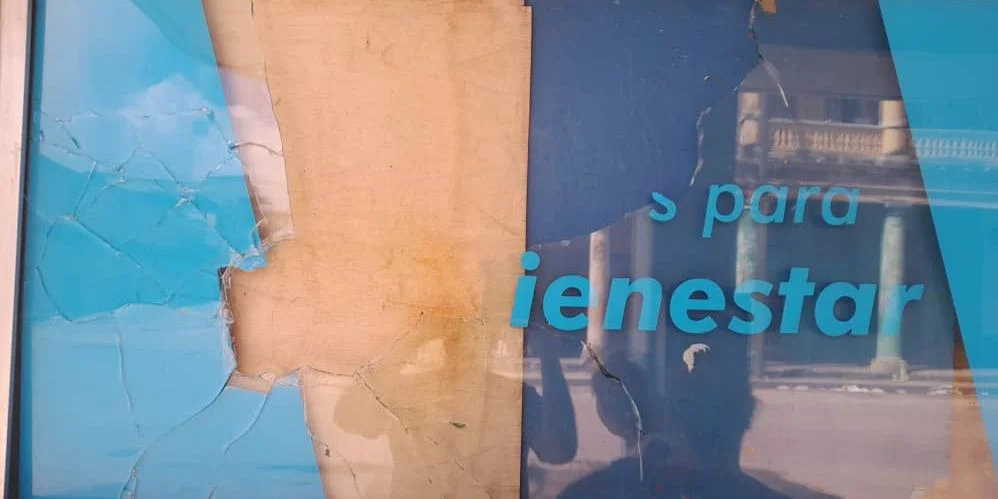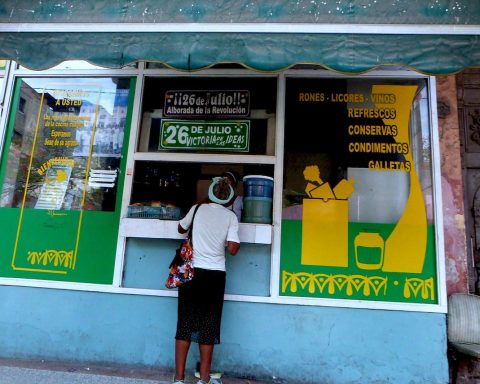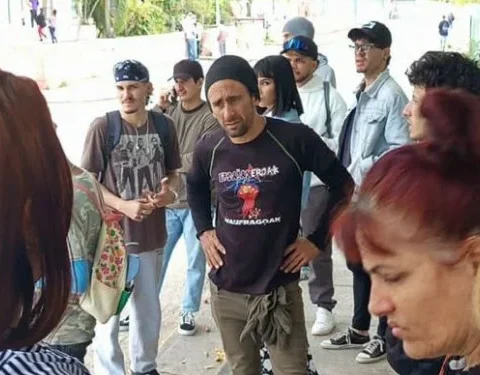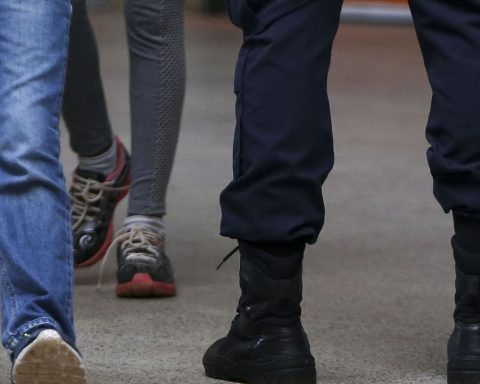HAVANA, Cuba. – Who hasn’t ever looked for a doctor to restore their lost health? Who has not tried, at least once, to find the most popular medicine, the most bombastic of all remedies? Who could boast of not having suffered, at least once, a cold? How many of us have been forced to spend days in bed? Who can boast of not having received the puncture that puts into the patient’s body those fluids that immunity and recovery require?
Who hasn’t dreamed of having iron health? Who, who needed it, did not try to have himself cured by the most renowned surgeon in that hospital that is rated with the most tremendous praise? Who could assure that he was not disturbed by the invasion of a cold? Cubans, like those born in any geography, prefer not to have to deal with uncomfortable ailments and we avoid any discomfort, even the slightest cold, and perhaps that is why we go to the doctor frequently.
We all become alert at the first sign of an illness, even if it is one of those that the doctor describes as a “minor illness” and without much importance. And perhaps we react this way because the communists turned the Public health on his great workhorse. The communists, with Fidel Castro at their head, built some hospitals and research centers, and “the commander” always referred to them frequently, with a boast that surpassed the limits of delirium.
Who doesn’t remember the great hype that Fidel Castro gave himself when he inaugurated a research center or a hospital? I do remember, and I even frequently review, those infinite praises that he gave in his speeches, in any public appearance. I remember his flattering inaugurations and the diatribes he dedicated to other health systems that he treated like an enemy.
Their biggest rants were related to the health system, and so many occurred that they even began to cross borders, and reached the seas beyond. I remember those inauguration speeches and his exaltations, and the index finger always raised, that finger with which he believed he gave legitimacy to everything he said about Cuban health, the one that he exported, leaving us in the middle of great defenselessness.
I remember very well his dithyrambs, those that he dedicated to himself, to his creative endeavors that became more diverse in the health sector, those that led to the creation of a Latin American School of Medicine, to which they came to study young people from many latitudes, among them an American youth.
I remember well the speeches in which he made parallels between the Cuban health system and others, and where the one that was created in this little Caribbean country always came out on top. And perhaps his greatest dithyrambs were dedicated to the Center for Genetic Engineering and Biotechnology; He boasted about it as much as he could, always believing that health was a trench for combat and the reaffirmation of his political model.
Fidel, and those who came after him, boasted and continue to boast about their “monoclonal antibodies”, those that manage to strengthen the immune system. In Cuba there is also an apology for a very advanced orthopedics, that rehabilitative specialty that had the doctor Rodrigo Alvarez Cambra like its great architect, that Álvarez Cambra who was the family doctor of Saddam Hussein, the murderer.
The communists never tire of applauding the legacy of Rosa Elena Simeón, who was president of the Cuban Academy of Sciences, and who is still considered, despite her death, as an expert in microbiology; Her investigative work confirmed the existence of two viral strains in dead migratory birds, but I suppose she did not have time to be interested in other great migrations that could desolate the entire Island due to that terrible virus that turns out to be the prevailing communism and migrations. that provokes
Cuba boasts tirelessly about its science, and its efforts to free Cubans from deadly diseases. Cuba, its government, also produced one of the biggest scandals after the production of vaccines against COVID-19. Cuba boasts of having a thriving pharmaceutical industry, but it does not set its sights on the pharmacy, on the sale of medicines.
Nothing is said about the pharmacy and neither about the very depressed medicine market, although it would be good, it would be great if the authorities put their eyes on the neighborhood pharmacy, on that essential health institution, and above all observe the moment in which The truck arrives that brings the medicines to the neighborhood pharmacy, as happened yesterday.
And this time things got bigger. This time the commotion in the pharmacy in my neighborhood was great, and it was terrifying, and the screams, the expletives, the threats made by the patients or the caregivers of those patients who stand in line and hand the pill to the patient were frightening. And the commotion was so great that a roar was heard, a loud noise of broken glass, a terrifying noise that caused fear of being hurt, and also the stampede of a lot of sick people who arrived at the house very scared and, even worse, without the medications…
Great was the crash of glass in the doorway of the pharmacy, and great was the silence that followed, very similar to the silence of the tombs. The neighbors ran despite their ailments, they did not want to be there when the patrol car arrived, they did not want to be associated with the disaster. It seemed better to sweep up the evidence and cover the hole with cardboard.
And now the sick neighbors wonder who will replace the glass, and there is a great silence and then a commotion, and later the accusations begin in a soft voice, and then outright. The neighbors recognize that the body of a medicine thief fits through that hole, and a collection is proposed to buy a new glass, a guard of those neighbors who need medication is proposed, and that smacks of socialist realism, and it is proposed, proposes, but there is still no consensus.
And the glass is still absent, so absent that they have covered the gap with a very colorful piece of cardboard. And perhaps the best thing would be to write a short piece of absurdity to tell what happened in the pharmacy that is in one of the corners of my house… The problem is deciding the narrative style.
The story of what happens in the pharmacy could be in the style of Franz Kafka, Alfred Jarry or Samuel Becket, although I would prefer a Piñerian style; After all, Virgilio Piñera knew and suffered the Cuban tail in those first years of communism, and he would know how to handle very well the absurdities that suffocate the country in which he was born. Virgilio, with his wit, would know how to handle Cuban absurdities very well, much better than Kafka and Jarry, much better than Becket.

















